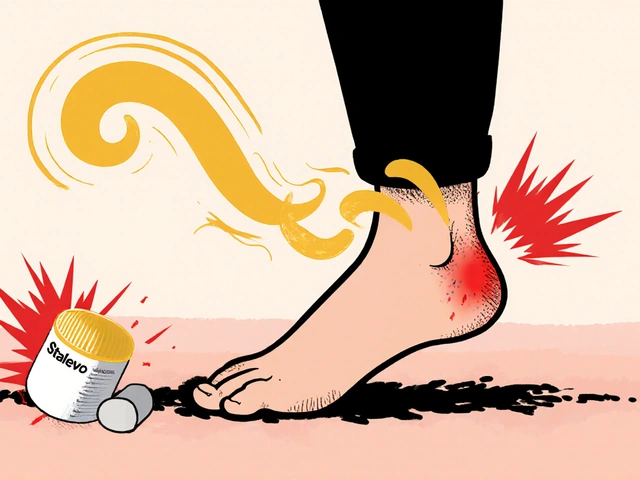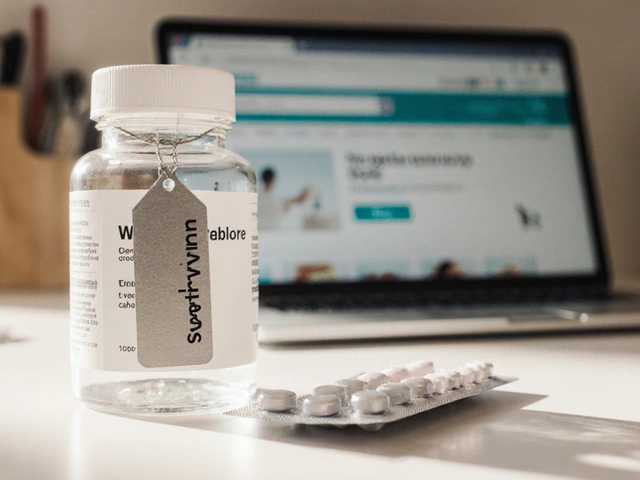Bitters: What They Do and How to Use Them Safely
Most people think bitters only show up in cocktails. But bitters are a wide group of concentrated herbal extracts used for digestion, appetite, and flavor. Some are culinary — small dashes in a drink. Others are taken as digestive aids before or after meals. Knowing which type you’re using makes the difference between a pleasant taste and an unwanted interaction with your meds.
So what are bitters in plain terms? They’re alcohol or glycerin extracts of bitter-tasting plants: gentian, wormwood, dandelion root, bitter melon, and more. Cocktail bitters are tiny, aromatic drops. Digestive bitters are usually taken in larger doses and sometimes formulated as supplements. The effect people report is faster digestion, less bloating, and improved appetite, but responses vary.
How to use bitters safely
If you want to try bitters for digestion, start small: one or two drops (or the product’s suggested dose) before a meal. Track how you feel for a few days. Use a trusted brand with clear ingredient lists — avoid products that hide extracts behind vague terms. If you have acid reflux, ulcers, or gallbladder problems, check with your clinician before trying digestive bitters; the bitter compounds can stimulate stomach acid and bile.
For cocktail bitters, the dose is tiny and mostly about flavor, not therapy. Still, if you’re avoiding alcohol entirely, look for alcohol-free bitters made with glycerin. Keep bitters out of reach of children — many contain concentrated alcohol and bitter compounds that can be harmful if swallowed in large amounts.
Common interactions and red flags
Bitters are herbal concentrates, so they can interact with medications. For example, bitter melon can lower blood sugar — which matters if you’re on diabetes meds like glyburide or SGLT2 inhibitors. Some bitters may affect blood pressure or interact with diuretics and heart medicines. If you take anticoagulants, check ingredients like ginger or willow, which can change bleeding risk.
Watch for these red flags: unexpected dizziness, rapid heartbeat, lightheadedness after meals, or a sharp change in blood sugar. If that happens, stop the product and talk to your provider. Bring the bottle so they can check exact ingredients.
Finally, think of bitters as a tool, not a cure. They can help some people with mild digestive complaints and add flavor to drinks, but they’re not a replacement for medical treatment. Use reputable products, start with low doses, and talk with your doctor when you’re on prescription meds. That way you get the benefits without surprises.
Navigating the realm of digestive health in 2025 offers various alternatives to Motilium, ranging from natural plant extracts to newer pharmaceuticals. This article delves into these options, highlighting their unique benefits and drawbacks. Understand which alternatives might best suit your needs, whether you're seeking immediate relief, natural solutions, or a combination of both. With a comprehensive overview, readers can make informed choices about digestive health products.
View Details

